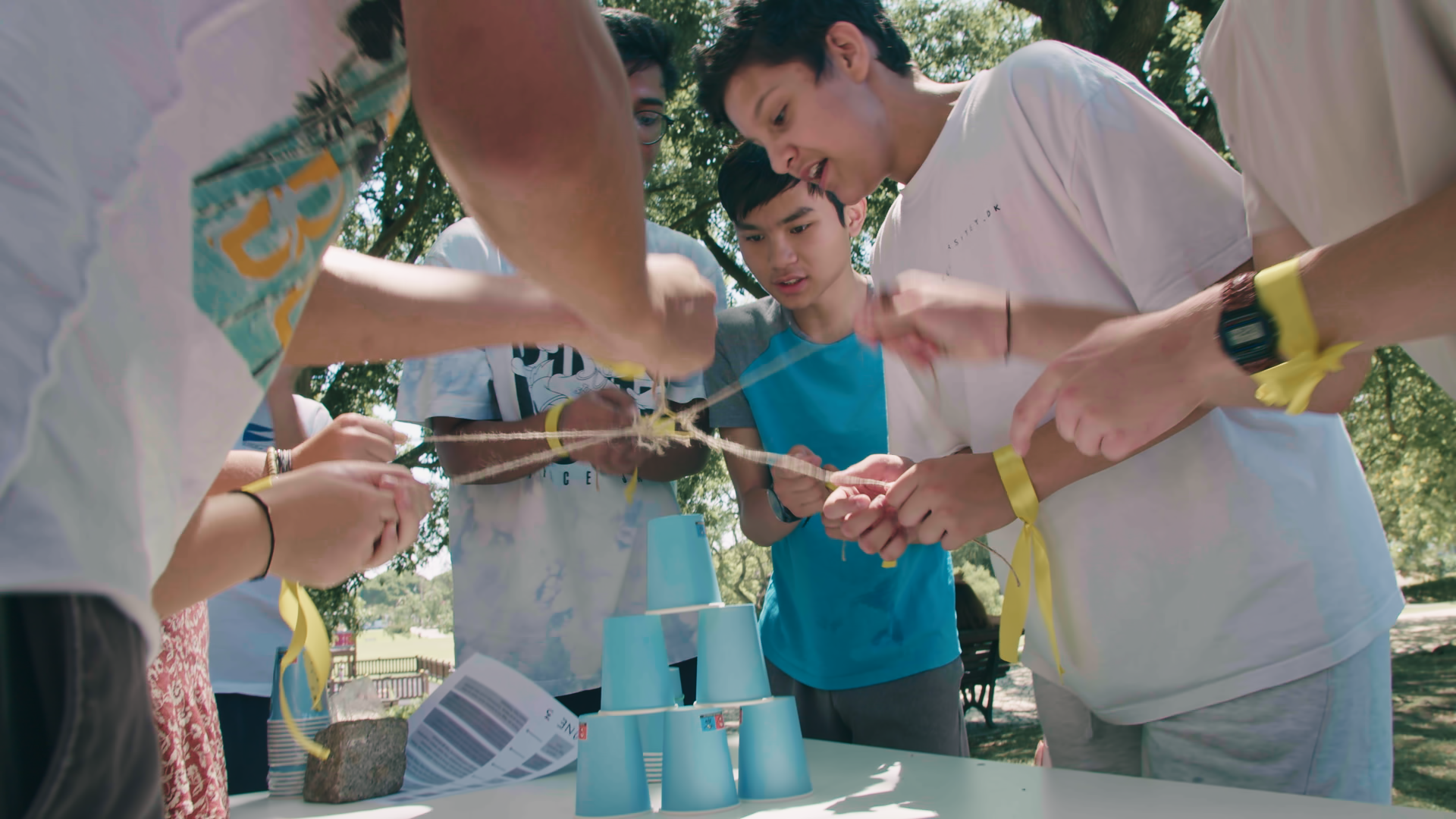In the dynamic landscape of modern education, technology has woven itself seamlessly into classrooms, ushering in the era of hybrid learning. While online resources and digital tools have revolutionised education, the significance of offline learning experiences should not be underestimated. In this article, we delve into the compelling reasons why offline learning remains an essential cornerstone of a hybrid education model, complementing the benefits of digital resources.
The Benefits
- Fostering Real-Life Connections: Offline learning provides invaluable opportunities for face-to-face interactions. Human connection is an integral part of the learning experience, promoting social skills, empathy, and effective communication. Through in-person discussions, debates, and collaborative projects, Learners discover how to navigate diverse viewpoints, express their ideas articulately, and cultivate meaningful relationships with peers and instructors.
- Nurturing Holistic Development: Education is not solely about acquiring knowledge; it's about holistic growth. Offline learning experiences encompass physical, emotional, and social aspects that contribute to well-rounded development. Participating in group activities, sports, arts, and cultural events cultivates physical health, emotional intelligence, and a sense of community belonging.
- Deepening Understanding Through Hands-On Experience: Certain subjects thrive on hands-on learning experiences that cannot yet be fully replicated online. Science experiments, art projects, and practical workshops enable Learners to grasp concepts through tactile exploration. These hands-on encounters not only deepen understanding, but also foster critical thinking, problem-solving skills, and creativity.
- Real-World Application: Offline learning bridges the gap between theory and practice. Field trips, internships, and experiential learning opportunities expose Learners to real-world scenarios. These experiences allow them to apply theoretical knowledge in practical situations, enhancing their ability to connect classroom learning to real-life challenges.
- Promoting Digital Detox: The constant influx of digital information can lead to cognitive overload and reduced attention spans. Offline learning offers a respite from screens, allowing Learners to engage with their surroundings in a mindful way. Stepping away from digital distractions fosters a focused and reflective learning environment that can enhance comprehension and retention.
- Cultivating Independent Learning: Offline learning experiences often require Learners to take ownership of their learning. Field trips and interactive workshops encourage self-directed exploration. This cultivates independence, curiosity, and a sense of responsibility in their educational journey.
- Creating Lasting Memories: Offline experiences have a unique quality of creating lasting memories. Engaging with physical spaces, interacting with peers, and participating in hands-on activities leave a lasting imprint on Learners' minds. These memories contribute to a richer and more meaningful educational experience.
In the dynamic landscape of hybrid education, where technology plays a pivotal role, the importance of offline learning experiences cannot be overstated. Beyond the screens, offline education allows Learners to step away from the digital realm, cultivating mindful learning and independence. Striking a balance between online and offline experiences ensures a comprehensive and well-rounded education that equips Learners not only with academic knowledge, but also with the vital life skills, emotional intelligence, and social competence needed to thrive in an increasingly interconnected world.
As we navigate the future of education, let us remember that offline learning is a treasure trove of transformative experiences that enrich Learners' lives and contribute to their holistic growth.




Leave a Comment